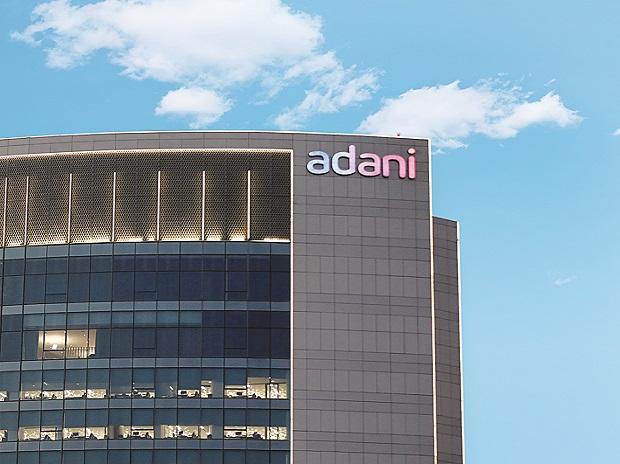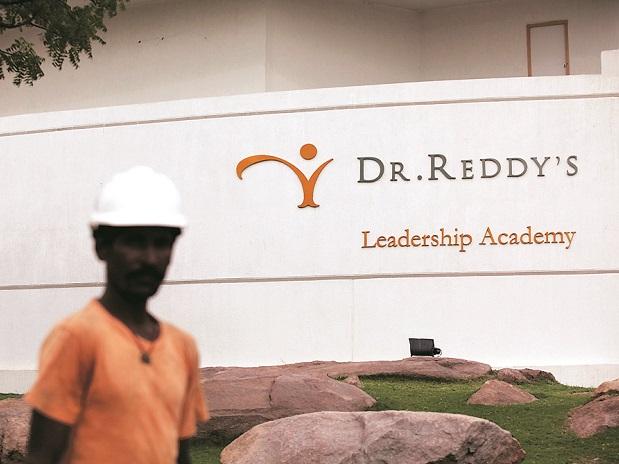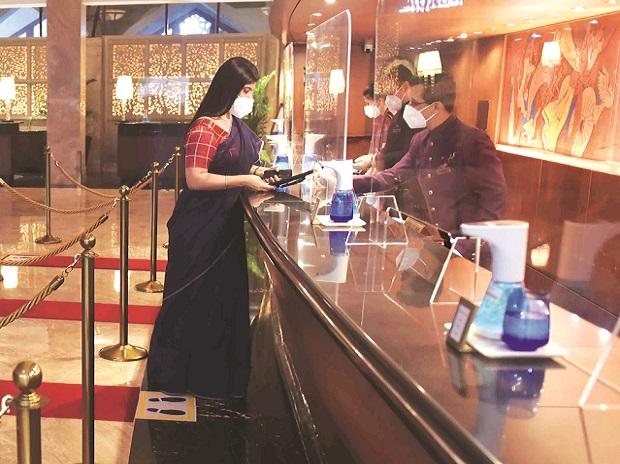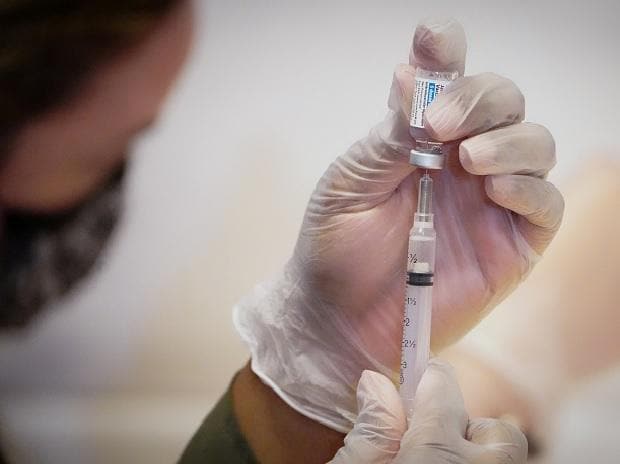The round was led by Sequoia Capital India, with participation from Unilever Ventures, the venture capital arm of British multinational consumer goods company.

Minimalist, a homegrown skincare brand, has raised Series A funding of Rs 110 crore ($15 million) through multiple international investors in just nine months of its inception. This milestone, the company said validates the brand as a forerunner in the personal care segment. The round was led by Sequoia Capital India, with participation from Unilever Ventures, the venture capital arm of a British multinational consumer goods company.
The brand plans to utilize the funds to enhance its infrastructure and R&D capabilities, and launch in global markets. It would also double down on its content creation efforts by sharing well-researched knowledge about skin care with its consumers.
Minimalist was launched in 2020 by Mohit Yadav and Rahul Yadav. The firm said it is a mission-driven brand committed to bringing high levels of efficacy and transparency to the personal care segment and is rapidly gaining popularity due to its values and ethos.
“Consumers today are looking beyond marketing claims and are seeking efficacy-based skincare products,” said Mohit Yadav, co-founder, Minimalist. “Our growth so far proves that a radical change in the skincare industry is underway. Together with our customers, we are creating ‘Skincare 2.0’ by offering proven solutions driven by scientific innovations.”
So far, Minimalist has served over 1 million customers. The firm said its products are popular among both women and men looking for solutions to acne, pigmentation, excess sebum and dull skin.
Having a portfolio of diverse skincare and hair care products, the brand retails through its own website, along with e-commerce giants like Amazon, Nykaa, Flipkart, Myntra, and numerous other marketplaces. Minimalist currently offers 20 products ranging from serums, toners, face acids, and moisturizers. The company said their products are well researched, backed by proven science, safe, effective, mindfully created, and suited for all skin types.








































